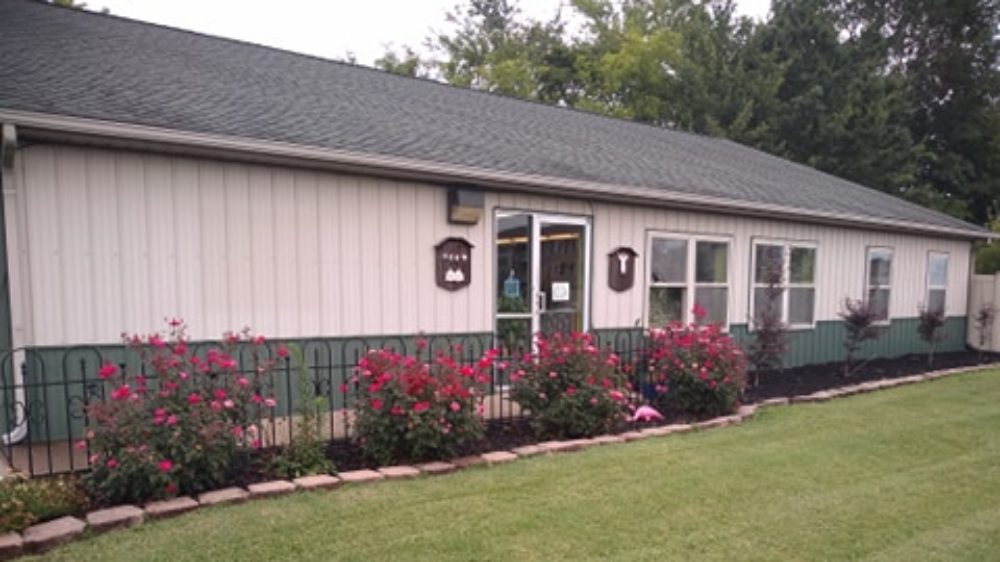This week in school, one of our little guys won a prize for Geography. He is just five, and is reading, and he actually studied the political maps sent home and came to school with the ability to find countries on the big map by both instinct and what he had taught himself. By all standards, this is what most teachers would call excellence.
Excellence is going beyond the next guy, and making what could be left as ordinary – something better. There is competition involved, but the competition is ultimately with the self. And that drive and ambition is what makes one student stand out among the others.
One of the things I enjoy about Jacob’s excellence is that he is hyperactive. This totally natural child (un-medicated by the grace of God and the good sense of his parents) has at his disposal an incredible physical energy which from time to time allows him to compete with himself at high speeds to a great advantage over his classmates..
Learning to strive for excellence is not an easy thing to do off the ball field. Many teachers would be more concerned that Jacob doesn’t sit in his chair, or that his bag full of school stuff is usually scattered near and far, and that he is always talking. Dealing with his hyperactivity would be more than most teachers want to put up with, but as a hyperactive myself, I look at the energy as a blessing and a vehicle for his ability to stretch to excellence.
Excellence in the classroom is not something we focus on much any more. We are afraid that those who don’t excel might have their feelings hurt, so school work is pretty dull and lacking creativity on a daily basis. It’s easier to keep a steady pace of dull than to make it a possibility that some children might grasp the essence of creativity in all they do and produce work that would challenge even a teacher.
The stretch to excellence comes from a desire to both please and know. When the desire to please an adult, a child is fond of, dissipates into the pure desire to know, to understand, excellence is often the next reach.
First, the child has to believe he can…can do the things the teacher and the parent says he can do. That means the adult has to constantly challenge the child. That takes many teachers off their track. Looking at the material that needs to be taught, a teacher may grind the lessons into a semi-palatable dull curriculum that every child can accomplish by the end of the year….but what if the teacher asked, “What are the possibilities here…what COULD they accomplish if we make this curriculum a daily challenge?” How far could they go and what could they achieve…not all the same, mind you, but still better than dull.
When school started this year, our Jacob was un-corralled. He had never been given the task of achieving both academic discipline and production simultaneously in his brief life. But neither had the other children. The teacher’s job here was to both instill a love of doing and achieving every single day…discipline, and production…you can do this.
Discipline and production every single day…wow…from a five year old…expected. And he did it most days…that’s why he can read a map, a book, and ask intelligent questions. This kid is not sucking his thumb in a corner and napping all afternoon. When he got his prize…a giant blow up globe…his first thought was to tell me all the places he knew. Places most of his friend’s parents probably couldn’t find!
Now look in the mirror and ask yourself: did I expect discipline AND production from myself today? Now go to your Facebook and see how many of your friends weaseled out of those two things today with all to frequent cop outs…it’s amazing how many people think it’s OK to weasel.
Excellence, on the other hand, is produced by grasping the energy we have and adding the desire to know and to find satisfaction in the acquisition of knowledge and to do something with it. Anyone CAN do this but it takes what we call discipline. Jacob,like many of classmates, has developed that discipline. We are proud of him, but more than that he is proud of his achievement. He’s an excellent student and a fine young man.
